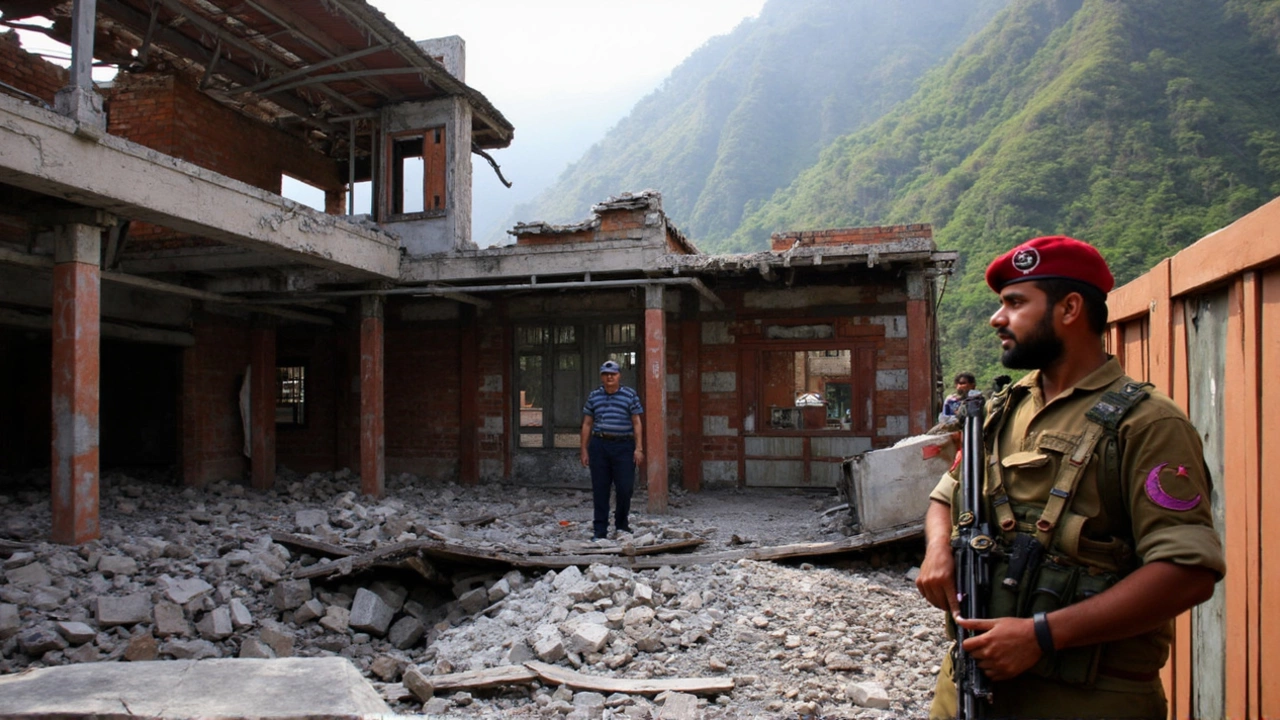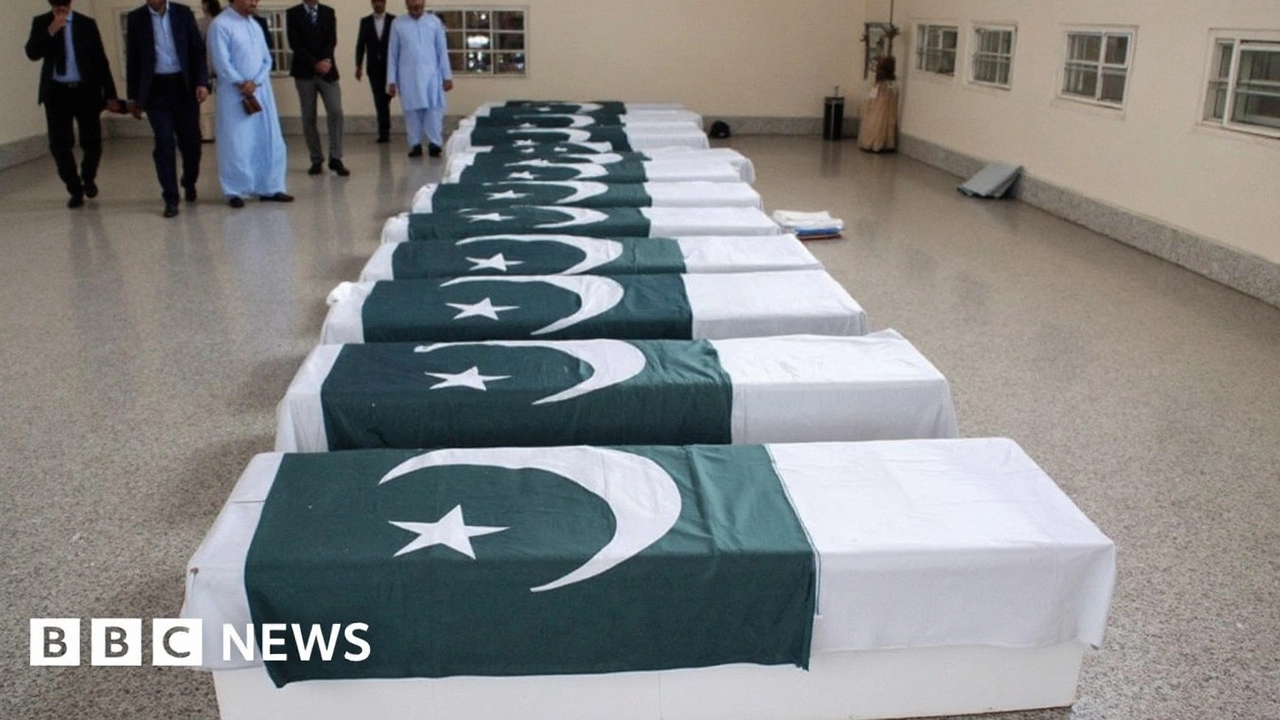Masood Azhar Acknowledges Family Deaths After Indian Strikes
The air is thick with tension as new details emerge from India's bold Operation Sindoor—a strike aimed directly at Jaish-e-Mohammad (JeM) strongholds in Pakistan. Masood Azhar, the man behind JeM, has broken his silence, confirming what Indian intelligence buzzed about: 10 people from his own family, including his sister, her husband, a nephew, a niece, and five young children, died when Indian missiles pounded the Jamia Masjid Subhan Allah compound in Bahawalpur. Four of his associates perished as well.
India’s action on May 7, 2025, didn’t come out of the blue. The country was still reeling from the April 22 Jammu and Kashmir attack, where 26 unsuspecting tourists lost their lives. Blaming JeM and, by extension, Pakistan, New Delhi decided it was time to deliver a fierce message. Six targets—scattered across Pakistan and Pakistan-controlled Kashmir—were picked out for Operation Sindoor’s fiery response. The Bahawalpur strike was the most personal for Azhar, as it hit what he called both a religious school and his family’s core.

The Man Behind JeM and His Response
Masood Azhar hardly shied away from the tragedy. Speaking in apocalyptic tones, he described the losses as “happiness” and called the event a “martyrdom”—suggesting he would have gladly joined his relatives in death. He never directly addressed Indian suggestions that Abdul Rauf Azhar, his brother and the group’s deeply influential strategist, was among the dead. Clarity on Abdul Rauf’s status is still missing, keeping the rumor mill churning.
Azhar’s name has long haunted Indian security files. He became infamous in 1999 when his release from Indian custody was forced during the hijacking of Indian Airlines flight IC-814. His organization quickly shot back into the headlines—most notably after the Pulwama attack in 2019, which killed 40 Indian paramilitary personnel and nearly sparked a wider conflict. Not surprisingly, the United Nations declared him a global terrorist in 2019, making him an international pariah.
For Pakistan, the strikes put them in an awkward position. On one hand, Islamabad faces growing international pressure to act against groups like JeM operating openly on its soil. On the other, these airstrikes have reignited debate across the region about responses, sovereignty, and collateral damage. People living in Bahawalpur and neighboring areas woke to reports of the devastation, realizing for the first time how close they live to the frontlines of a shadow war.
The aftermath goes beyond military tactics. Families mourn while governments trade accusations, and the question of what really happens within militant “religious schools” is again front and center. For many in South Asia, the cost of these operations isn’t abstract—it's measured in painfully real human losses and a sense of escalating instability.
